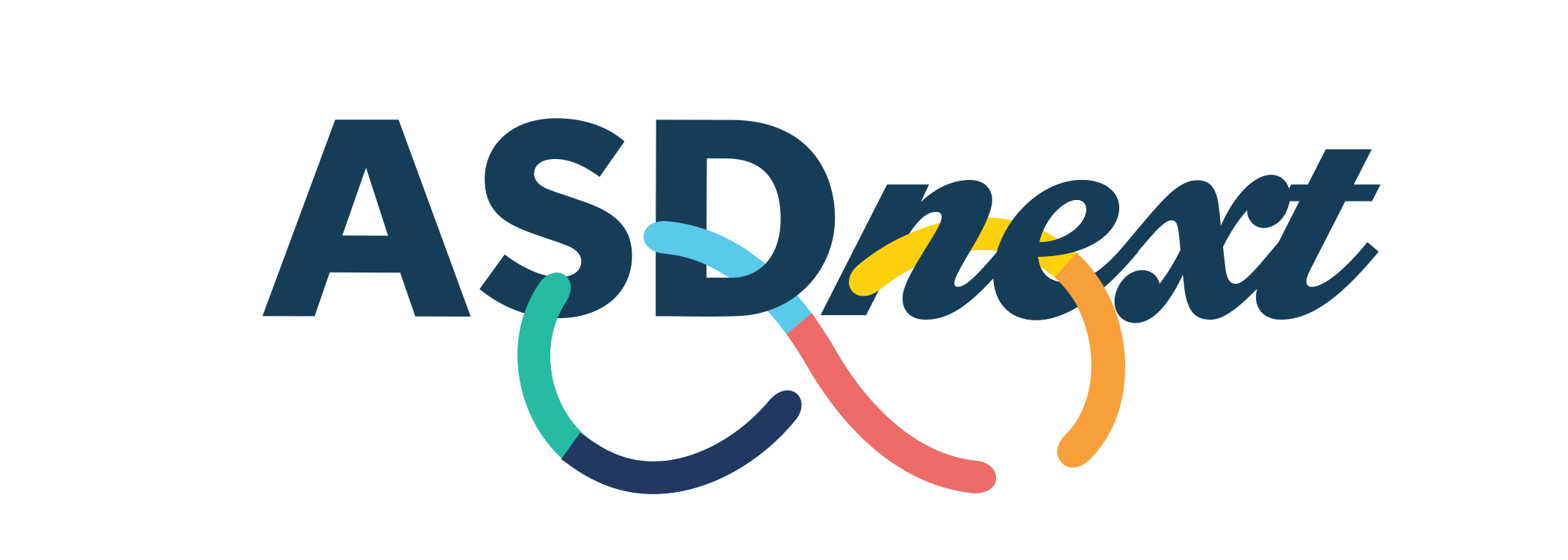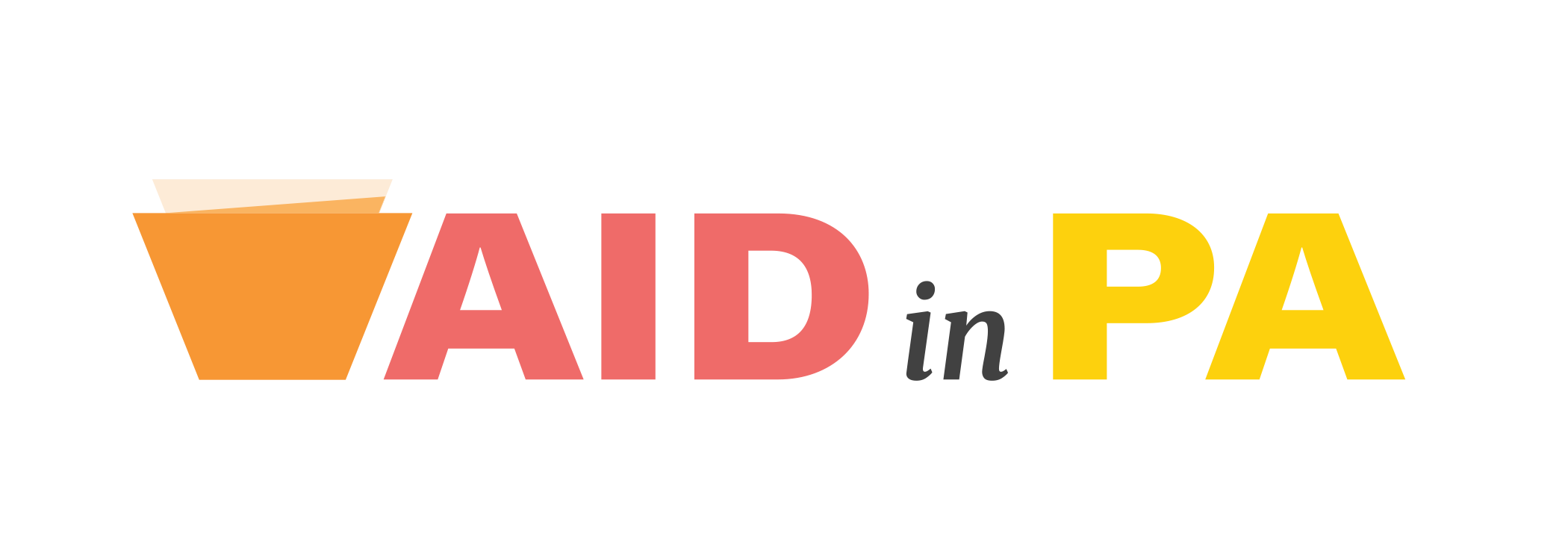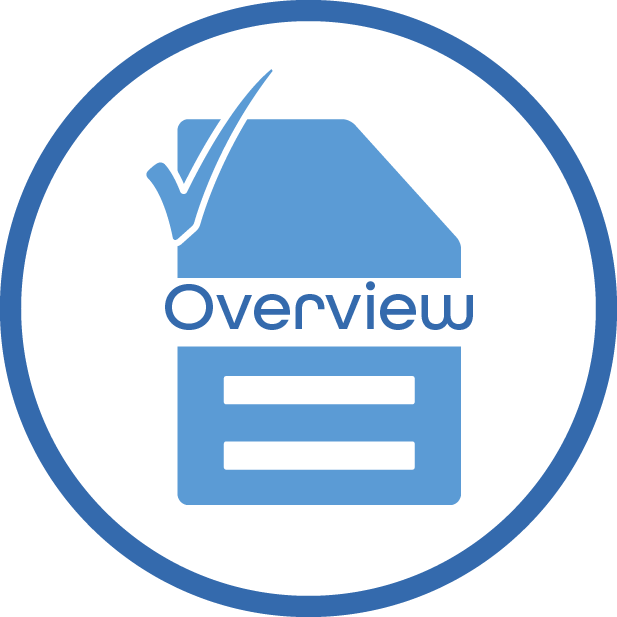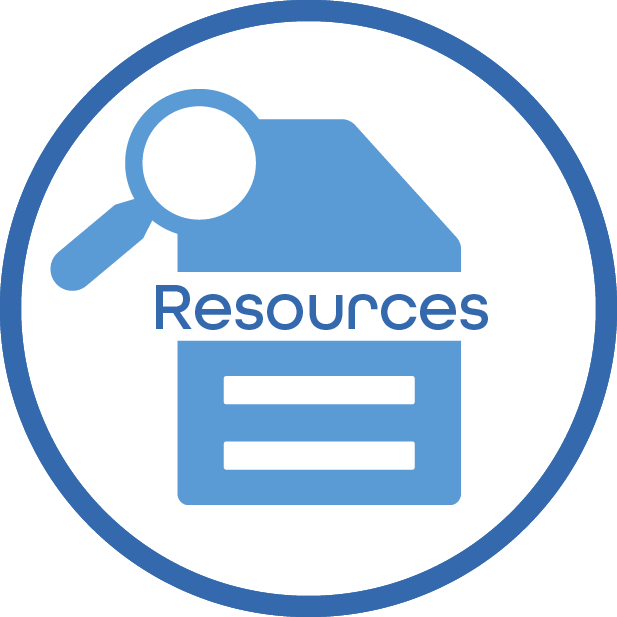6100 Orientation Training Requirements
Trainings listed with this icon ![]() meet the requirements of §6100.142, pertaining to Orientation Training. These trainings may be found in the Orientation Training category on MyODP.
meet the requirements of §6100.142, pertaining to Orientation Training. These trainings may be found in the Orientation Training category on MyODP.
Frequently Asked Questions
Is there a minimum number of hours for orientation training?
No, there is not a minimum number of hours required for orientation training. The training must cover all required topics and be sufficient to ensure that people who are required to receive the orientation understand the requirements to perform their job in a manner that reflects this understanding.
Supports Coordinators that render services to individuals enrolled in the Adult Autism Waiver are required to take the AAW Support Coordinator Orientation. Completion of the AAW SC Orientation meets the orientation requirements in §6100.142. Please see ODP Communication 21-015 for details.
I understand there are standardized training modules available on MyODP to meet the requirements of the new orientation requirements for 6100.142. I also understand all new hire staff need to have the orientation completed prior to working alone with an individual and within 30 days after hire or starting to provide a service to an individual. However, what is the expectation for current staff?
Consolidated, Community Living and P/FDS Waivers
People who are required to receive orientation who were hired prior to February 1, 2020 would be required to comply with training requirements contained in 55 Pa. Code Chapter 51. While there are no specific orientation training requirements, §51.23(b) states “Before providing an HCBS to a participant, a provider shall ensure that its staff have met any additional pre- and in-service training requirements as detailed in a participant’s ISP.” These staff would also be required to meet the annual training requirements in §6100.143.
Staff hired on or after February 1, 2020, must complete orientation in compliance with §6100.142.
Adult Autism Waiver
Staff hired on or after February 1, 2020, must complete orientation in compliance with §6100.142.
Can ODP develop orientation videos (these would not include agency specific policies and procedures, of course) so that the same message is being presented to all staff, across all providers, consistently?
ODP has developed a suite of free online orientation courses available here that will satisfy all regulatory orientation requirements with the exception of job-related knowledge and skills. Providers and SCOs are responsible for developing and providing orientation on the knowledge and skills each staff person needs to perform their job duties. This orientation can be provided on the job as part of the staff person’s scheduled workday.
There are no plans at this time to develop materials in video format, but this recommendation will be taken into consideration as trainings are developed or revised in the future.
Completion of the ODP SC Orientation curriculum meets the orientation requirements in §6100.142 for Targeted Support Management and Supports Coordinators that render base-funded services or services through the Consolidated, Community Living or Person/Family Directed Supports Waiver.
Supports Coordinators that render services to individuals enrolled in the Adult Autism Waiver are required to take the AAW Support Coordinator Orientation. Completion of the AAW SC Orientation meets the orientation requirements in §6100.142. Please see ODP Communication 21-015 for details.
How long is each orientation webinar on MyODP?
Each orientation webinar available here is listed below with an estimate of the number of hours it takes to complete each course:
Individual Rights – Approximately 2 hours
Person Centered Practices – Approximately 3 hours
Recognizing and Reporting Incidents – Approximately 3 hours
I saw that there is no certificate awarded after each orientation webinar is completed. How are we to verify that each orientation webinar was completed?
Certificates are available for Individual Rights and Person-Centered Practices. Both of these topics have multiple webcasts that must be viewed. At the bottom of the page below the webcasts, there is information regarding training confirmation and sometimes a post-test. When there is a post-test, learners must obtain a score of 80% or higher on the post-test to access a Certificate of Achievement. If the learner passes the test, they should refresh their screen to see the link and access the certificate.
Certificates are not available for most of the webcasts under the following orientation topics:
- Detection, Reporting and Prevention of Abuse, Suspected Abuse and Alleged Abuse.
- Recognizing and Reporting Incidents.
Providers will be responsible for ensuring that training records are kept in alignment with regulatory requirements for webcasts on MyODP where certificates are not available. The person completing training can obtain a transcript from MyODP that will show courses taken, including all dates the courses were taken.
Did ODP develop a webinar on job-related knowledge and skills?
The provider, including Agency With Choice organizations and/or managing employers, and SCOs are responsible for developing orientation regarding job-related knowledge and skills. Job-related knowledge and skills training must include all knowledge and skills necessary for the health, safety and welfare of the specific individuals served including:
- Recommendations and orders from a health care professional, which include, but are not limited to, safe eating/feeding procedures, respiratory maintenance and treatments, positioning and transferring procedures, skin integrity protocols, and individual-specific emergency procedures;
- Behavior support guidelines and crisis intervention strategies outlined in the individual’s Behavior Support Plan or Crisis Intervention Plan;
- The language and means of communication understood by the individual; and
- An understanding of age-related factors such as interests, preferred activities, and stamina.
Please note that there are additional training criteria required beyond orientation for specific circumstances as outlined in:
- Staff training on the behavior support component of an individual plan (§2380.156, §2390.176, §6100.346, §6400.196, §6500.166)
- Medication administration (§2380.122, §2380.129, §2390.192, §2390.198, §6100.462, §6100.468, §6400.162, §6400.169, §6500.132, §6500.139)
Support coordination, targeted support management and base-funding support coordination (§6100.802).
Regulations indicate that orientation requirements apply to “administrative and fiscal staff persons” among others. Should agencies view this as applying to staff who work at strictly administrative or corporate offices and have no contact whatsoever with individuals receiving services as well as those that may visit, work or meet in service settings?
ODP has developed orientation and annual training decision trees to assist providers and SCOs in understanding when people are required by Chapter 2380, 2390, 6100 and/or 6400 regulations to complete orientation and annual training.
If a direct service professional (DSP) works in a group home with other DSPs, would the DSPs be required to complete orientation training since they aren’t working alone with individuals?
Orientation is critical in ensuring that persons required to complete orientation have the knowledge necessary to ensure the health, wellness and rights of the individuals to whom they render services. For purposes of this regulatory requirement, a DSP is “working alone” when they are not in the line of sight of other persons who have received orientation or annual training as applicable per regulatory requirements. This includes temporary or permanent staff from a staffing agency.
Example: Two DSPs are working in a group home where three people live. One DSP was hired 5 days ago, the other DSP was hired 26 months ago. One of the DSPs must assist one of the individuals with personal care for 30 minutes in the bathroom of the home. During this time the other DSP is responsible for the provision of Residential Habilitation services to the other two individuals who are in other parts of the home. In this scenario, the DSP hired 5 days ago must have completed orientation and the DSP hired 26 months ago must have completed annual training as applicable per regulatory requirements.
The regulations state, “prior to working alone with individuals, and within 30 days after hire or starting to provide a service to an individual, the following shall complete the orientation as described in subsection (b):”When does the 30 day clock start for completion of orientation? What if the trainee doesn’t start providing a service to an individual for months after they are hired?
Orientation must always be completed prior to trainees working alone with individuals. In addition, orientation must be completed within 30 calendar days after hire or within 30 calendar days after starting to provide a service to an individual; either is acceptable. To ensure that trainees remember and implement critical information learned as part of orientation, it is best practice for the trainee to complete orientation within 30 calendar days of starting to provide a service to an individual, especially if months will lapse between the trainee’s completion of orientation and starting to provide a service to an individual. The latest date that completion of orientation would be considered compliant with regulations is 30 calendar days after starting to provide a service to an individual and the person could not work alone with individuals until orientation is completed.
Do members of a life sharing family, other than the life sharer who is employed or contracted through the Life Sharing agency, who are 18 years of age or older need to complete orientation training if the individual receiving life sharing services is home alone with the family member? Does this meet the standard of working alone with an individual?
Yes, members of the life sharing family who are 18 years of age or older are considered volunteers and are subject to orientation requirements if they will work alone with the individual.






